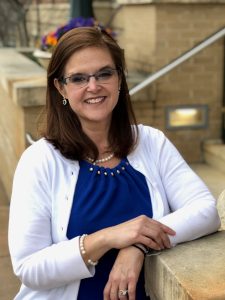IA2 Senior Project Director, Dr. Jolie Crowder, has co-authored a newly-published manuscript for Frontiers in Medical Sociology detailing findings from an analysis of listening sessions held with Urban Indian Organization

healthcare workers convened last July about their experiences during the COVID-19 pandemic.
The article is part of a special research section on COVID-19 impacts to health and wellness among Native American, Native Hawaiian, Alaska Native Peoples, and Indigenous groups around the world. This is the 12th article in the series.
Thirty staff from 16 Urban Indian Organizations, representing full ambulatory, limited ambulatory, outreach and referral, and outpatient and residential treatment programs participated in virtual video focus groups. Analysis of findings generated four major themes: staff adaptation in the context of resilience; responsibility and duty to protect patients, families, and coworkers; mental and emotional issues for UIO staff; and infection prevention and control challenges in the context of COVID-19. Participants’ challenges ranged from lack of access to personal protective equipment (PPE) to the absence of standardized training. Significant disparities in social determinants of health experienced by Native American and non-Native populations served by UIOs create additional challenges to the delivery of and access to care during the pandemic. The diverse array of tribal cultural values and contexts of the people and communities served by UIOs reportedly serve as both facilitators and barriers to care, awareness, and uptake of infectious disease public health practices.
